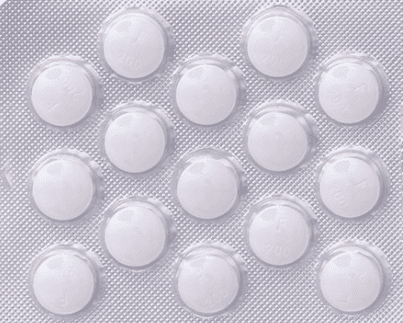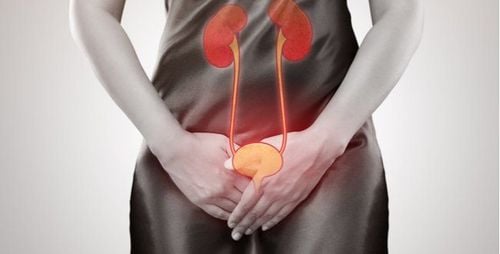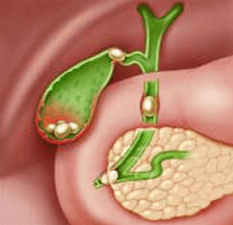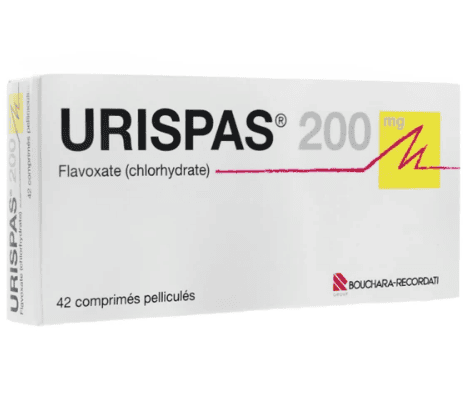This is an automatically translated article.
Urolithiasis is a common disease, appearing in both men and women. Medical treatment is a method of treating ureteral stones that many people choose. Follow the article below to learn about the use of drugs to treat ureteral stones.
1. Information about ureteral stones
Ureteral stones are stones located in the ureter. Most are caused by kidney stones moving down, a few are caused by urinary tract malformations. Ureteral stones form from substances present in the urine such as: calcium oxalate, calcium phosphate, cysteine, uric acid or struvite. Ureteral stones can cause symptoms: low back pain, renal colic, hematuria, painful urination, frequent urination, fever, nausea, vomiting, chills2. Treatment of ureteral stones
To treat ureteral stones, it is necessary to determine factors including:
Size, position, shape of the stone; Pain severity based on clinical and degree of obstruction; Renal function; Infection status. Treatment of ureteral stones with drugs or with interventional methods.
3. What drugs do ureteral stones take?
The doctor will use drugs to treat ureteral stones in the following cases: Small stone size, < 10mm in diameter, smooth surface, normal kidney function. Treatment with drugs for about 4-6 weeks.
Some groups of drugs commonly used to treat ureteral stones:
Painkillers for ureteral stones, anti-inflammatory: Non-steroid anti-inflammatory drugs (diclofenac), opiates (tramadol, meperidine) Smooth muscle relaxants: relaxes ureteral smooth muscle, reduces the intensity of contraction of ureteral smooth muscle, thereby supporting pain relief (drotaverin, alverin citrate) Stone dissolving drugs: Mixture of terpenes (pinene, fenchone, camphen, cineol, borneol, anethol) dissolves and expels stones, increases blood flow through the kidneys, increases urine output, reduces inflammation of the urinary tract. Medicines to help expel stones: Using nifedipine or tamsulosin will reduce smooth muscle spasms, making it easier to pass stones. Using corticosteroids to reduce edema makes stone removal easier. Urine alkalinizer Drugs that reduce the concentration of minerals Diuretics Antibiotics to prevent urinary tract infections
4. Treatment of ureteral stones by intervention method
Interventional treatment of ureteral stones when the stones are large, water retention, renal calyces dilatation, unresponsive to medication, risk of obstruction or infection. Methods:
Extracorporeal lithotripsy Retrograde endoscopic lithotripsy Percutaneous lithotripsy Retroperitoneal endoscopic stone removal Open surgery to remove ureteral stones
5. Notes for patients with ureteral stones
Drink enough water every day
Limit salt intake, less than 2g per day.
Limit eating: Canned food, salted fish, salted meat, beef, buffalo meat, goat meat
Eat lots of fresh fruits and vegetables
Do not hold urine
Regular physical exercise
Regular medical examination period for early detection of ureteral stones and early treatment
Ureteral stones can be treated medically or by interventional methods. When treating ureteral stones medically, it is necessary to be active and follow the doctor's instructions. Contact your doctor immediately if you have any questions about medications to treat ureteral stones.
Please dial HOTLINE for more information or register for an appointment HERE. Download MyVinmec app to make appointments faster and to manage your bookings easily.













